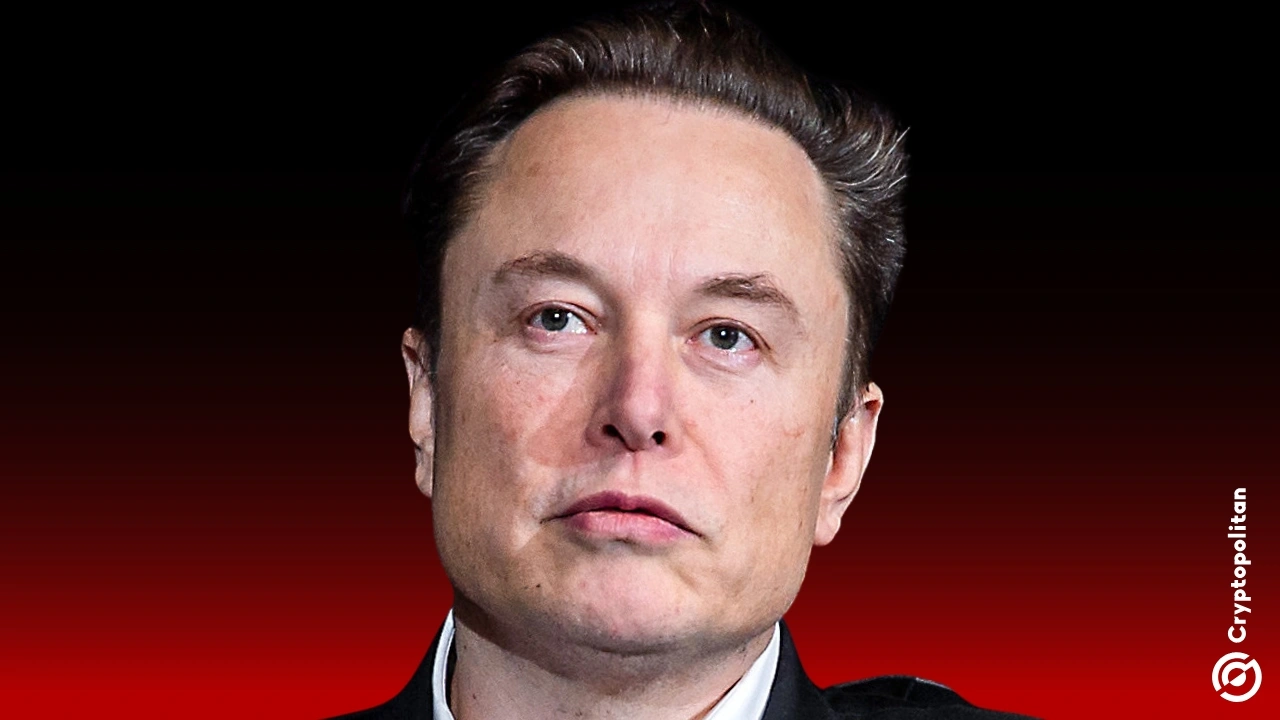Gabriel Makhlouf, a key member of the European Central Bank’s (ECB) Governing Council, recently made it clear that the bank is in no hurry to slash interest rates. Despite the labor market’s impressive resilience and expectations for economic growth to pick up later this year, Makhlouf emphasizes the need for patience. He points out that by mid-year, a clearer economic picture should emerge, suggesting that hasty decisions might not be necessary at this point.
Makhlouf, also in charge of Ireland’s central bank, voiced his concerns during a gathering in Ghent, Belgium, with fellow European finance ministers and central bank governors. He highlighted potential risks associated with wage growth, indicating that an overly rapid catch-up could steer things in an undesirable direction. The ECB is particularly focused on labor costs as a significant factor influencing inflation, which in turn, will shape the future course of interest rates. Although there was a softening in the pressure on negotiated wages towards last year’s end, a new forward-looking indicator hints that we’re not out of the woods yet regarding elevated pay growth.
As disinflation in the eurozone is underway, Makhlouf notes that more progress is needed before the ECB can consider adjusting its stance. He clarifies that the bank doesn’t need to wait for inflation to hit the 2% mark before contemplating rate cuts. However, sufficient data is required to assure that this target can be met sustainably. His comments come as the ECB’s next monetary policy meeting looms, with discussions increasingly pointing towards June as a likely time for reconsidering borrowing costs.
Economic Slowdown and Stabilization
The euro area managed to dodge a recession in the second half of 2023, though economic prospects remain dim, with recent surveys only indicating a stabilization at low levels. This scenario, according to Makhlouf, signals that the ECB’s monetary policy has effectively curtailed demand. He anticipates a continuation of the economic slowdown in the early months of this year, followed by a rebound, partly fueled by nominal wage adjustments boosting consumption.
Makhlouf also touched on the challenges posed by “politically induced problems,” underscoring the importance of vigilance in a world fraught with risks. He went on to discuss the imperative of completing Europe’s capital markets union, noting the political complexities surrounding certain topics within this arena. The goal, he suggests, should be to concentrate on significant issues to make headway.
A Closer Look at Ireland and ECB’s New Framework
In Ireland, close attention is being paid to the commercial real estate sector, with newly introduced rules on leverage and liquidity starting to take effect. Makhlouf remains optimistic about the system’s resilience against falling valuations and slowdowns. Regarding Irish banks, he envisions a future where a competitive market might comprise three domestic retail banks alongside various fintechs offering diverse services.
On a broader scale, the ECB is nearing consensus on a new monetary framework designed specifically for the 20-nation euro zone. This framework, distinct from those of other jurisdictions, aims to facilitate a smoother transition as excess liquidity recedes from financial markets over the next couple of years. The intention is to announce results by spring, amidst a mix of ambition and skepticism among officials regarding the revival of interbank lending.





